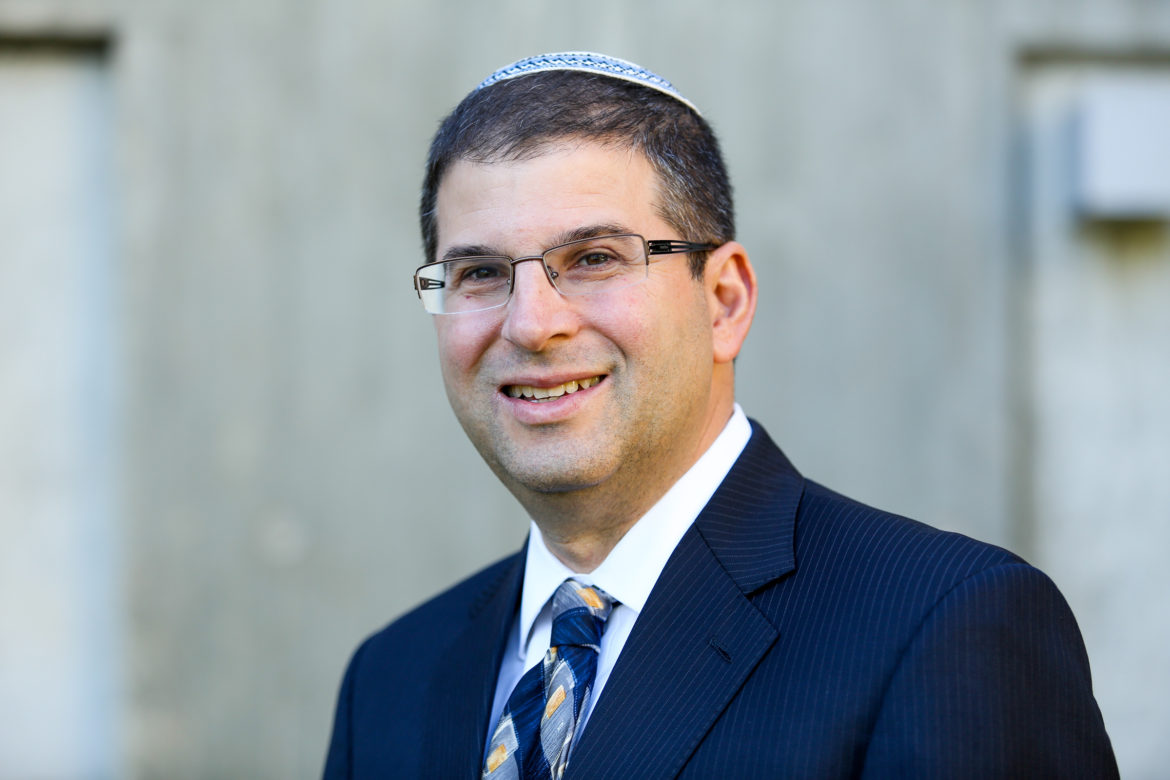(RNS) — An investigation has been opened against Israel’s state rabbinate after an organization that advocates for converts’ rights brought a complaint before the country’s High Court. The complaint alleges that the rabbinate abused its power and disregarded transparency procedures when determining which conversions to Judaism are valid in the eyes of Israeli law.
The case affects more than converts’ faith, as many aspects of life in Israel, such as marriage, divorce and burial, are relegated to religious authorities, such as the rabbinate, Islamic Waqf or various Christian bodies.
“Getting recognition from the rabbinate is not just some legal thing. For many, many couples, it’s what I would even call the Holy Grail,” explained Rabbi Seth Farber, the founder of ITIM, the group that brought the case. Under current rules, “there’s an injustice being done to legitimate converts.”
Conversion is frequently a fraught topic in Israel. The country’s Law of Return grants foreign Jews citizenship under a broad definition designed to welcome all those who would have suffered for their Jewish identity or heritage. But upon arrival in Israel, foreign Jews become subject to the rabbinate’s much narrower definition of who is a Jew, one that strictly follows an Orthodox interpretation of Jewish law.
While converts to all major Jewish denominations are eligible for citizenship under the Law of Return, the rabbinate only considers as Jews those who are born to a Jewish mother or who converted through either their own program in Israel or select rabbinic courts abroad.
Under Orthodox standards, prospective converts must be supported by a rabbi and undertake more than a year of study before being grilled on their education and commitment to Judaism by local rabbinic courts. For the conversion to be acknowledged as legitimate in Israel, the rabbinate requires that the local courts receive its seal of approval.
Historically, the list of approved foreign courts was a closely guarded secret; indeed, the rabbinate long denied such a list existed. But in 2018, after pressure from ITIM, it was compelled to publish the list, and procedures for the approval of the courts were established to standardize the process.
According to the new rules, the courts were required to submit to the religious rulings of the Israeli rabbinate, despite the fact that the rabbinate has no special global standing under Jewish law. The rabbinate was also given the right to administer tests for individual members of foreign courts, and it could refuse to recognize new courts if the region they operated in was already served by a pre-existing body.
According to Farber, the rabbinate frequently used this latter concession to reject rabbis in places with large Jewish populations, such as New York. And rabbis the rabbinate did approve sometimes raised eyebrows, according to ITIM.
The court in Queens, for instance, which serves New York’s Bukhari (Uzbek and Central Asian origin) Jewish community, is led by a relative of Aryeh Deri, the leader of Israel’s influential Shas party who was convicted of bribery in the early 2000s. He has since been investigated for fraud and other offenses, resulting in his resignation from the Knesset in 2022, but remains a powerful figure in Israeli politics as de facto head of the Shas Party. In addition, his brother, Rabbi Yehuda Deri, is a candidate to succeed Yitzhak Yosef as Sephardic chief rabbi of Israel.

Rabbi Seth Farber. (Photo courtesy ITIM)
“This all highlights the lack of transparency of the rabbinate and the fact that there’s a lot of deal-making being done in the background, which favors people who happen to be friendly with one particular person or another,” said Farber. “That’s definitely not the way a modern state should work.” ITIM’s complaint, he added, is aimed at ensuring transparency and equity.
The rabbinate has denied any wrongdoing, telling the Hebrew-language daily Israel Hayom: “The actions of the recognition committee of foreign courts were done according to religion and law, and meet all the required standards. The submitted petition lacks any factual foundation, and its emptiness speaks for itself.”
The case against the rabbinate comes as cracks are beginning to form in the sense of unity seen across Israel’s political spectrum in the wake of Hamas’ attack on Oct. 7.
After Oct. 7, the IDF saw a record number of recruits from Haredi communities that had traditionally been exempt from military service. But earlier this month, Yosef, the Sephardic chief rabbi, announced that Haredim would rather leave the country than complete the same military service as other Israelis.
Religious parties in the Israeli government’s wartime coalition, meanwhile, angered their partners this week by trying to push through a bill that would drastically expand the scope of the rabbinate, creating hundreds of new rabbinic posts and shifting control from local municipalities to the centralized rabbinate.
In forming the wartime unity government, the parties agreed that no decisions would be made other than those “necessary for the continuity of the existing situation and the stabilization of the economic situation.”
“The government made a commitment, saying that during the war they’re only going to do things by consensus except when it comes to war issues,” said Farber, whose organization also lobbied against the bill. “Here it felt like they were just going back to pre-Oct. 7, just going to do things that step all over their opponents.”
Others agreed. “In a tank in Gaza or on the northern border there are currently soldiers who think differently (from each other) but mobilized to fight together and left everything aside,” said Eli Dellal, a member of the Israeli Parliament, in criticizing the bill.
Gilad Karib, of the opposition Labor Party, called the move by the religious parties “a cynical attempt to take advantage of the last months of the failed government in order to establish facts on the ground and force religious Zionist and Haredi rabbis on the secular and traditional public for a decade to come.”
Due to the outcry, the bill was tabled by Tuesday evening.





